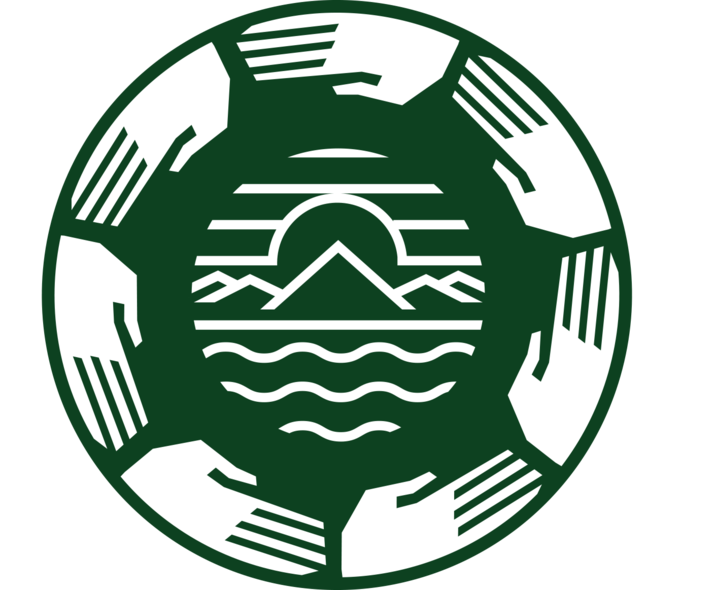Host Organisation
Centre for Indigenous Knowledges and Languages at York University
Description
Our proposed session will be a reporting back and sharing circle based on the activities of the research project Indigenous Climate Leadership and Self Determined Futures, housed at York University's Centre for Indigenous Knowledges and Languages. This session will focus on the themes that emerged during the research process and assessments drawn from interviews conducted at UNFCCC spaces by Indigenous and settler-ally researchers, led by Dr. Angele Alook. Since 2022, the research team has interviewed 37 Indigenous climate leaders, being 9 at COP27, 16 at COP28, and 12 at the SB60. The interviewees are all members of Indigenous nations, from the six out of the seven UN socio-cultural regions, but also come from diverse walks of life, with representation from knowledge holders, Elders, youth, 2SLGBTQIAP+, and people with disabilities. Our proposed session will be broken into two parts, starting with a panel that includes research team members who will dive into the overarching themes and results from our two years of interviews. Major themes that will be discussed are "Climate Expertise and Action" which includes the climate work that community members describe leading and participating in. This includes ideas of climate leadership that go beyond traditional ideas of environmental activism that embrace Indigenous teachings, sovereignty, and community work. "Working in a Good Way" which encompasses the way that community members identify and uplift traditional knowledge and Indigenous ways of being that are central to their climate work. Lastly, "Barriers and Challenges to Climate Justice" which includes the barriers and challenges that Indigenous climate leaders face in their work. To compliment these results, we will also play two short (approximately two-minute clips) from the interviews that were conducted at SB60.
The second part of our session will be conducted in a sharing circle format. Our intention here will be to speak directly with listeners and create a “calls to action” or “solutions” list that respond to the shared barriers and challenges many Indigenous climate leaders face within UNFCCC spaces. This will be an opportunity for Indigenous climate leaders to come together and share ideas and hopes with one another.
Speakers
Angele Alook
Angele Alook is a member of Bigstone Cree Nation in Treaty 8 territory and an Associate Professor in the School of Gender, Sexuality, and Women's Studies at York University. She specializes in Indigenous feminisms, life course approaches, Indigenous research methodologies, cultural identity, the sociology of family and work, and just energy transition. Over the past few years, Dr. Alook has focused her work on a just transition of Alberta's economy and labour force and the impact climate change has on traditional Treaty 8 territory.
She has been attending UNFCCC COPs since 2019, having collaborated with Indigenous Climate Action and with the International Indigenous Peoples Forum on Climate Change (IIPFCC) over the years, as well as presented research in the Indigenous Peoples pavilion, reporting back on her scholarly work, and in the Canada Pavilion, being a Speaker in the event "Intergenerational Climate Panel: From Disillusionment to Systemic Collective Action", at COP28 invited by the Environment and Climate Change Youth Council.
Dr. Alook is the Principal Investigator of the "Indigenous Climate Leadership and Self-determined Futures" research project and co-author of the national best-selling book "The End of This World: Climate Justice in So-Called Canada" (2023). Through the Just Powers project, she produced the documentary "Pikopaywin: It is broken", featuring stories with Indigenous traditional land users, environmental officers, and elders. With her extensive experience and knowledge on Indigenous climate leadership and Just Transitions, Dr. Alook will speak on these topics, on the work conducted under the research project, and moderate the event.
Graeme Reed
Aanii. Graeme Reed nindizhinikaaz. Ottawa nindoonjibaa. He was born and raised in Ottawa with mixed ancestry from England, Scotland, Germany, and mnidoo-gaamii (Georgian Bay). His great-grandfather was born in Wiikwemkoong Unceded Territory on Odaawaa-minis (Manitoulin Island).
As a Strategic Advisor with the Assembly of First Nations (AFN), Dr. Graeme Reed advocates for the inclusion of First Nations in international, national, and regional climate change and energy policy dialogues. He has represented AFN as board member of Climate Action Network Canada (CAN-Rac), member on the Canadian Environment Domestic Advisory Group (CEDAG), and Indigenous North American Representative to the Facilitative Working Group of the Local Communities and Indigenous Peoples Platform at the UN Framework Convention on Climate Change (UNFCCC).
Dr. Reed has a doctorate degree from the University of Guelph (2022) where he studied the intersection of Indigenous governance, environmental governance, and the climate crisis, and is currently a Post-Doctoral Associate at the Centre for Indigenous Knowledges and Languages (CIKL) at York University. In addition to research, he is keenly involved in the mobilization of knowledge, including as Coordinating Lead Author of the "For Our Future: Indigenous Resilience Report in Canada’s National Climate Assessment".
In the context of the UNFCCC, he has been attending since 2017, participating in six COPs and many intersessional meetings in Bonn. Dr. Reed was the co-chair of the International Indigenous Peoples Forum on Climate Change between 2019 - 2022, helping support and amplify Indigenous Peoples' participation in the UNFCCC and playing a key role in supporting the organization and implementation of the Indigenous Peoples Pavilion. In addition, he is the current Indigenous North American representative on the Facilitative Working Group on the Local Communities and Indigenous Peoples Platform, the first constituted body that has equal representation between Indigenous Peoples and States.
Lydia Johnson
Lydia Johnson (she/her) has mixed Cree (Lac La Ronge Indian Band) and Italian heritage and grew up along the north shore of Anishinabaewi-gitchigami (Lake Superior), which has been a major driver of her passion for nature and environmental protection. She has an undergraduate degree in Environmental Science (Biology) from Lakehead University and a master's degree in Environmental Studies from Queen's University, researching on weaving Indigenous and Western ways of knowing in ecotoxicology and wildlife health. Lydia's passions for community and youth engagement focus on uplifting and centering Indigenous ways of knowing and voices.
She was the project lead for a land-based summer camp called Aki Kikinomakaywin, which focused on providing Two-Eyed Seeing STEAM programming to Indigenous youth across northwestern and northeastern Ontario and proudly serveds onat the Environment and Climate Change Canada Youth Council (ECCYC) from 2022-2024. Lydia has attended COP28 to conduct research alongside Dr. Alook, having presented at the Indigenous Peoples pavilion with the research poster titled "The Ribbon Skirt of Our Stories: A Visual of How Indigenous Peoples Participated at COP27" and the Panel Discussion "Indigenous Climate Leadership: How do Indigenous Peoples participate in the UN Framework Convention on Climate Change?".
As community-based researcher of the Indigenous Climate Leadership and Self-Determined Futures research project, Lydia will be a key speaker and moderator of this proposed event, contributing her knowledge and experience in conducting research with Indigenous climate leaders since 2023.
Ana Cardoso
Ana Cardoso is a non-Indigenous Brazilian PhD researcher at the Faculty of Environmental and Urban Change (EUC) at York University, having moved from Nheterõîa (Niterói), Pindorama (Brazil), where she grew up, to live in Tkaronto, Turtle Island. She holds a master’s degree in international relations from the Pontifical Catholic University of Rio de Janeiro (PUC Rio) and a law degree from Fundação Getulio Vargas (FGV).
Currently, Ana is a scholarship-recipient Global Health Graduate Scholar on Planetary Health at the Dahdaleh Institute for Global Health Research and a graduate associate researcher at the Centre for Indigenous Knowledges and Languages (CIKL), working on the project “Indigenous Climate Leadership and Self-Determined Futures”. She is also a researcher at the BRICS Policy Center (BPC) for the Critical Approaches to Development network (ACD-Rede) and a reviewer for the Brazilian Journal of Social Sciences (RBCS). She has recently collaborated with Indigenous Environmental Network (IEN) and with Indigenous Climate Action (ICA).
Her research interests lie at the intersections between coloniality, modernity and “nature”, with particular focus on climate governance and politics, the Anthropocene, and decolonial futures. In the PhD, Ana’s research explores the concept of “colonization of the future” and its onto-epistemic implications, framing the climate crisis as a site of struggles for future(s) and focusing on the concepts and disputes around false solutions and just transitions. She has been attending UNFCCC events since 2023, having participated at COP28 in Dubai and at the SB60, in Bonn.
Languages
English

